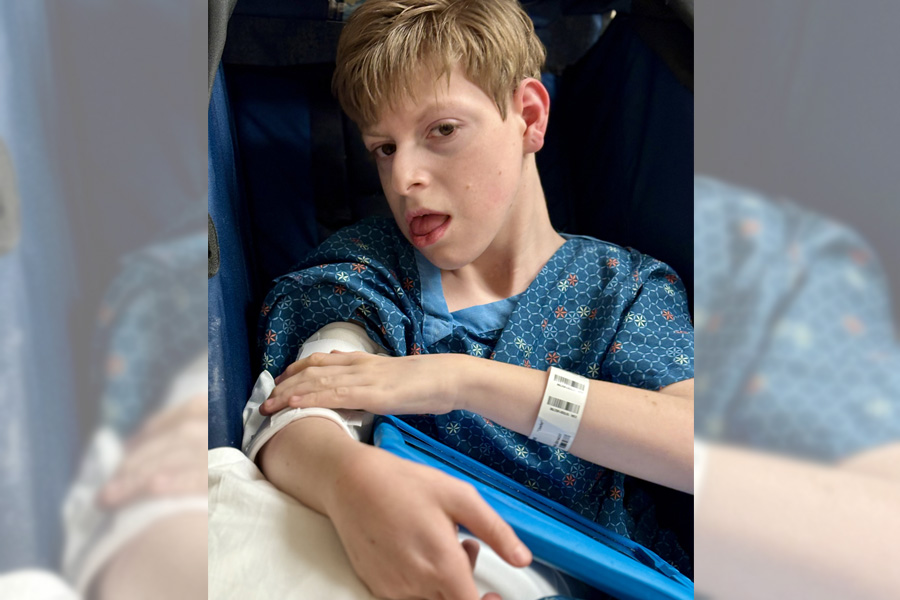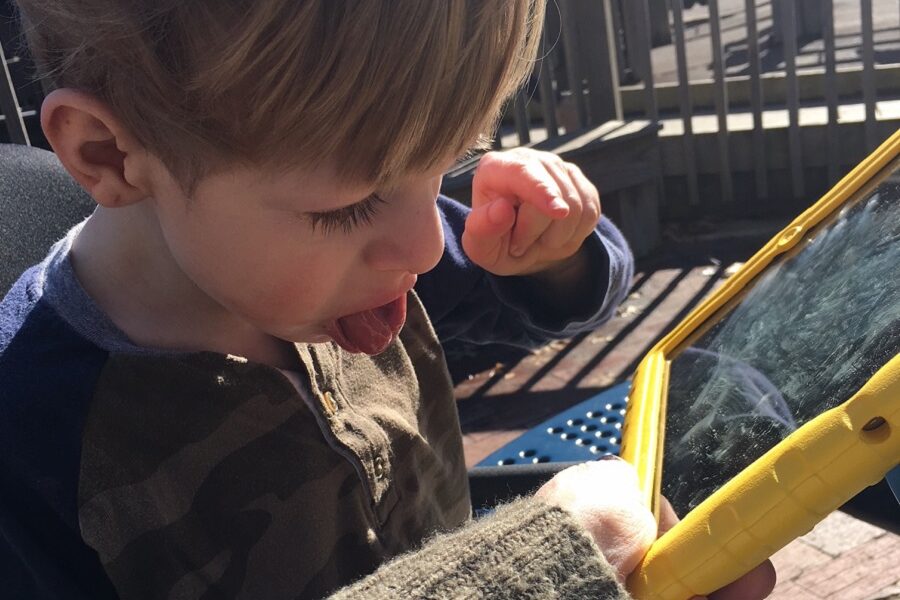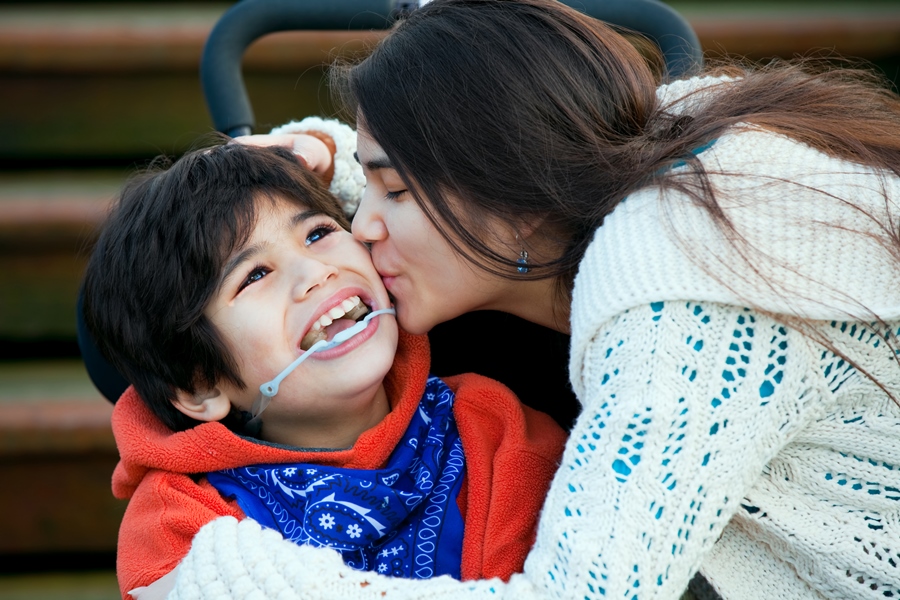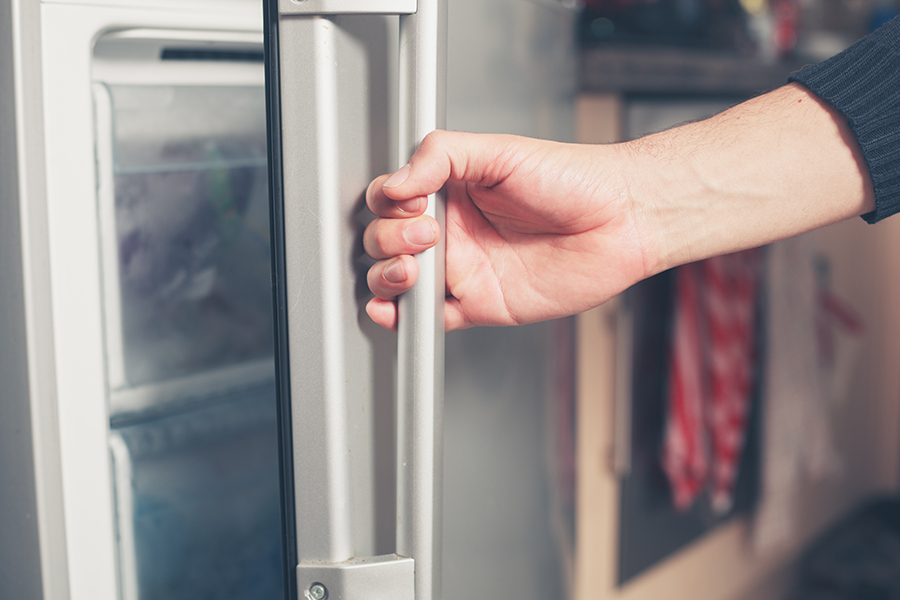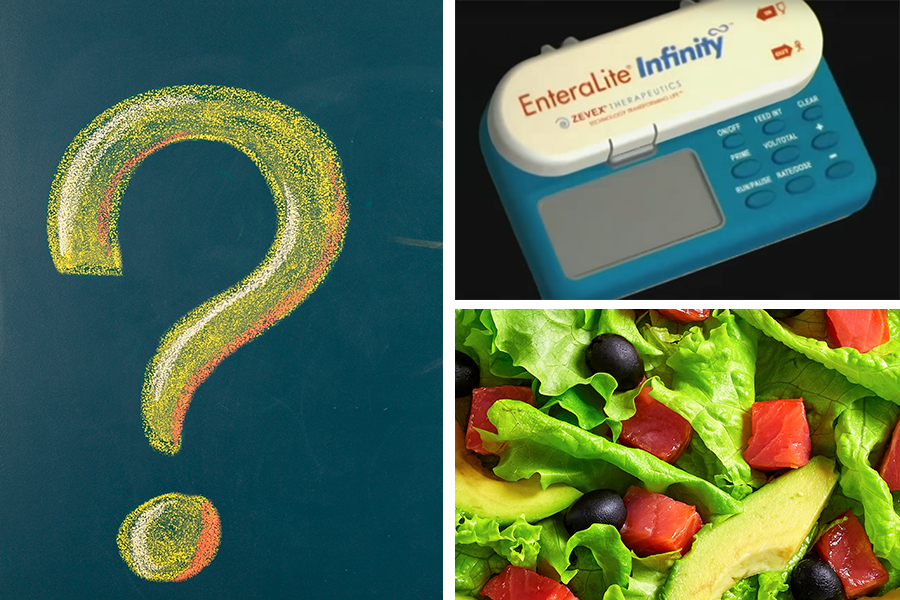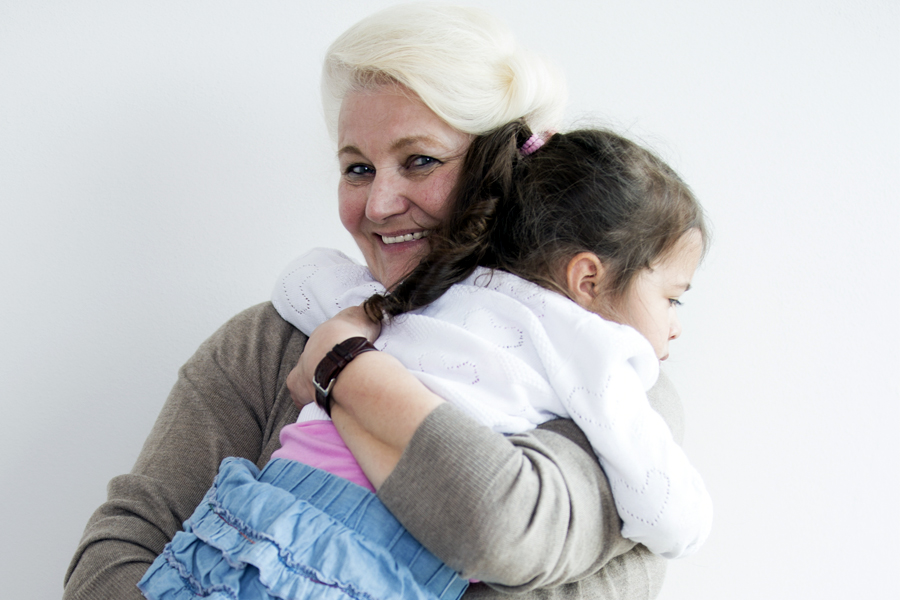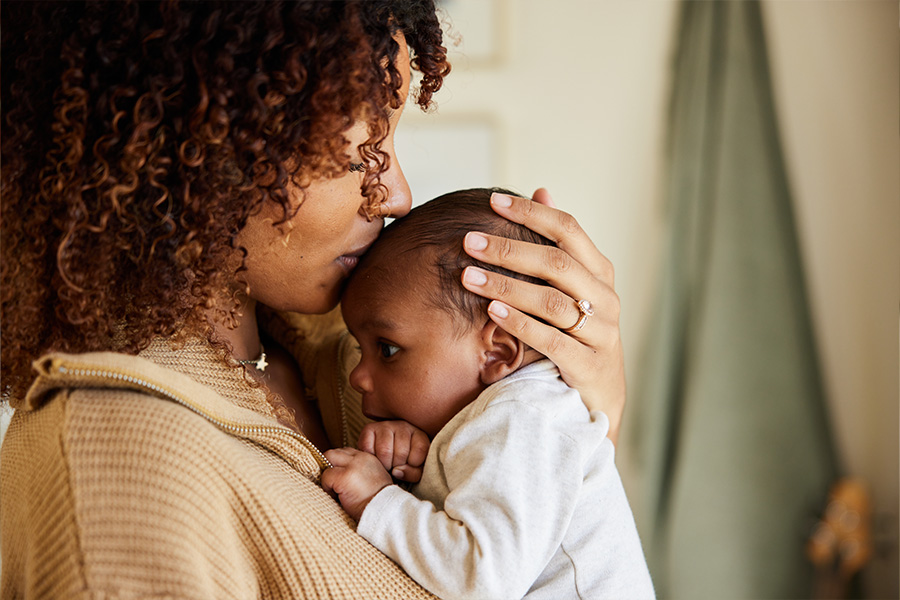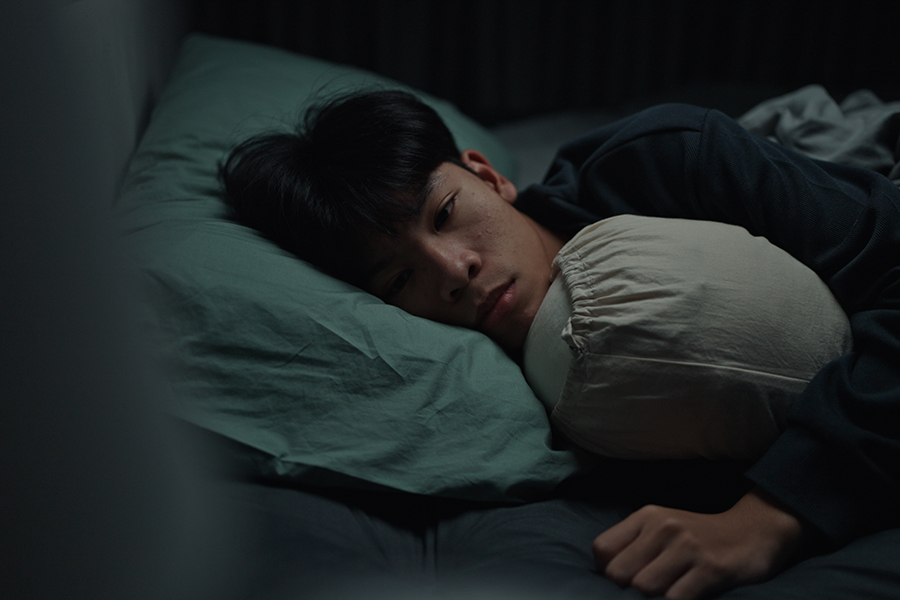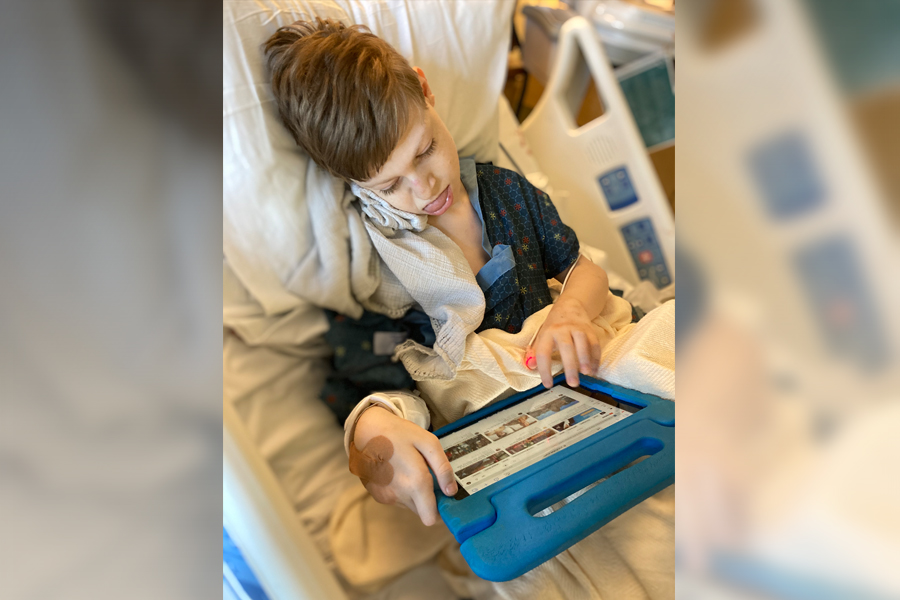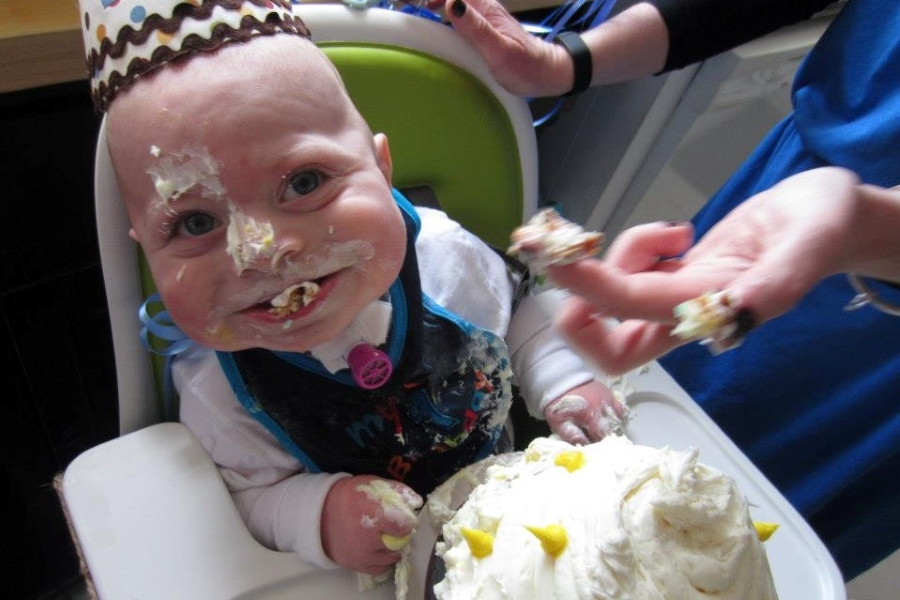My son Charlie has recently undergone a four-hour hip reconstructive surgery followed by three nights in the hospital. Afterward, he had multiple emergency trips to the orthopedic clinic and the emergency room. One was to cast a broken tibia. The second was an emergency trip to the orthopedic clinic just one day after getting that cast off because he broke his femur. This required a six-hour emergency room visit followed by emergency surgery to repair the break, followed by second emergency surgery to fix the first surgery that was botched, followed by three nights in the hospital. Try saying this five times fast. Try living it.
It was a lot. It was too much. No kid should have to go through that much pain ever, much less in such a short amount of time with such panic and uncertainty woven in. I could not fix Charlie, but I could be there by his side. And through all of it, there was one promise I made to myself: I would never lie to him.
I will never tell Charlie it won’t hurt if it will. I will never tell him it will all be over soon if it won’t. I will never say, “just one more stick” if I know it might take three tries with the I.V. He deserves the truth and he’s smart enough to handle it. To do otherwise might make us both feel better in the beginning, but it doesn’t change the outcome and when it does hurt or it’s not over soon, he is left with a feeling of betrayal and I am left with the guilt that I could not change it with the power of positive thinking.
I read an article recently in the New York Times that backed up my rationale. As a child, the author had undergone a thirteen-hour procedure to lengthen one of her legs. With all the best intentions, her parents assured her it wouldn’t hurt and the professionals would manage the pain. But they were wrong. The full process of straightening the leg took two years. The pain was something even morphine could not dull. She swore she would never offer the same empty promises to her children.
In the article, she writes, “Lying to children robs them of the opportunity to learn to express difficult emotions in healthy ways and can contribute to future anxiety.” To say something will not hurt when it does opens a door to a false reality: the parent is lying and so the child feels required to pretend what they have said is true in order to back up the lie. It’s a vicious cycle where nobody wins. And guess what… it still hurts.
I want Charlie to feel like he can express any emotion with me. As a nonverbal kid, it is hard enough for him to convey his thoughts and feelings. I will never intentionally make it more difficult. My job is not to protect him from the reality of his life but to teach him how to process it. The stronger that muscle grows, the more able he is to cope when I am not there.
Pain, unfortunately, is a part of this world. But so are joy, bliss, and hope. In dulling the ability to feel the hurt, you might also lose the ability to feel the good stuff too.

Jamie Sumner is a special needs mom and author.
Jamie-Sumner.com
Author of the middle-grade novels:







